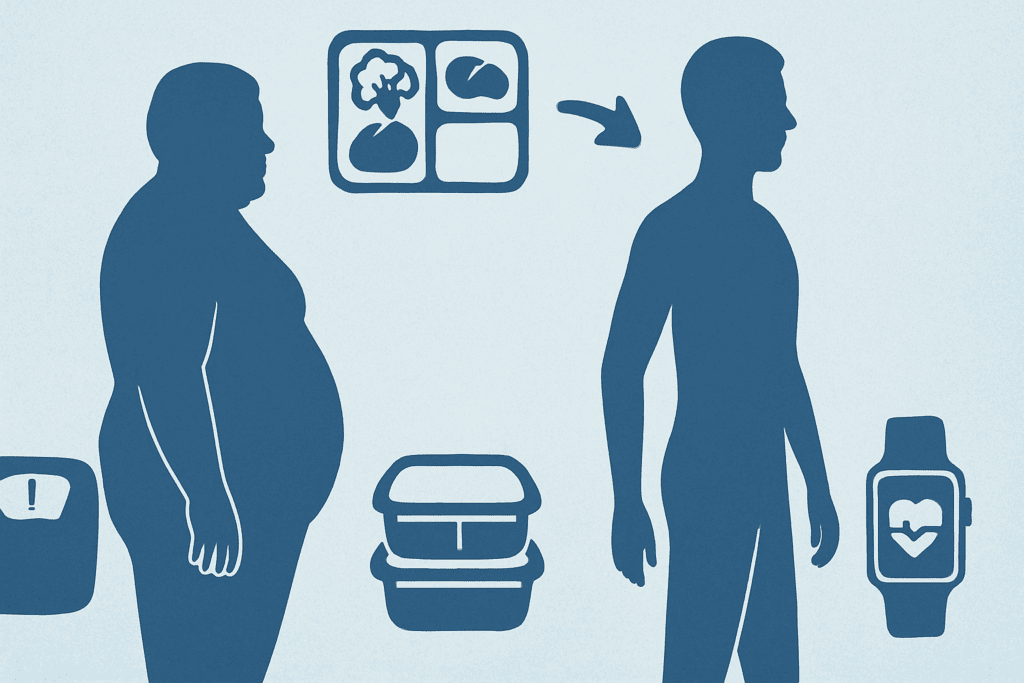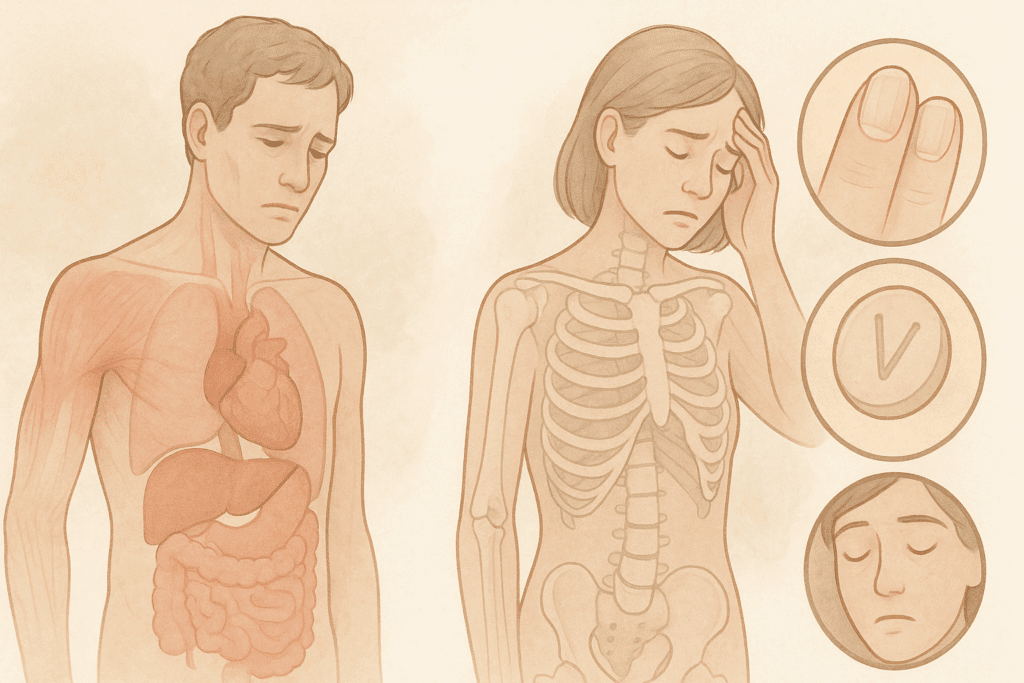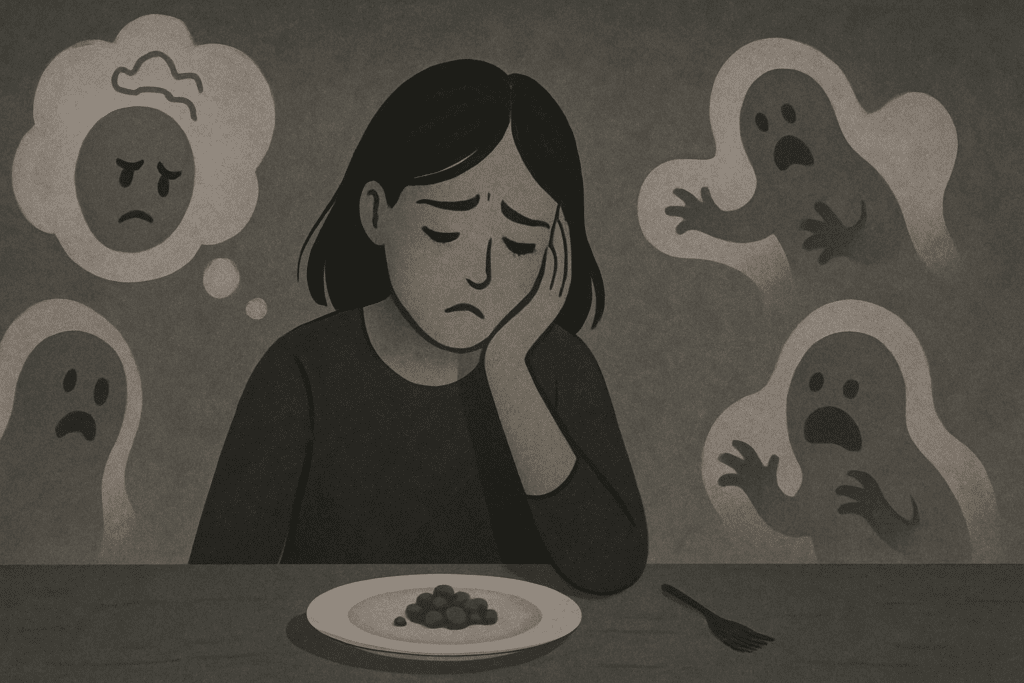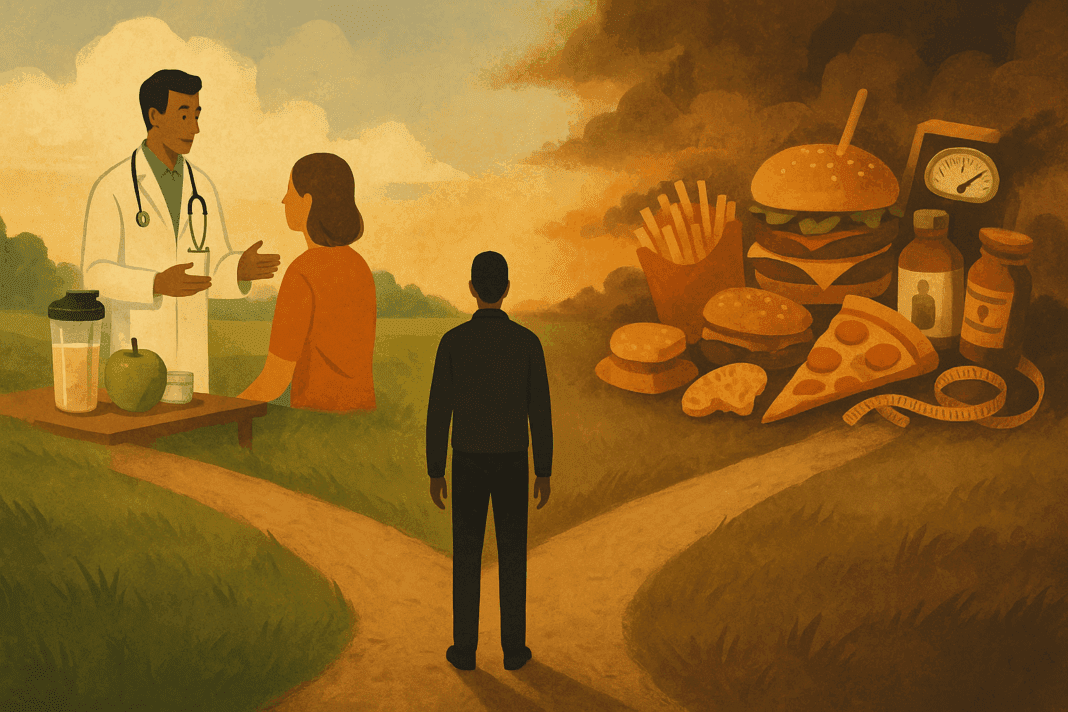In the realm of nutrition and preventive wellness, few dietary strategies spark as much curiosity and controversy as the super low calorie diet. Known for its dramatic approach to calorie restriction, this type of diet has gained popularity among those seeking rapid weight loss, metabolic reset, or even a medically supervised intervention for chronic conditions like obesity and type 2 diabetes. Yet despite its growing reputation, a comprehensive understanding of what a super low calorie diet actually entails, when it’s appropriate, and how safe or sustainable it really is remains elusive for many. This article aims to bridge that gap, providing evidence-based insights, clinical perspectives, and practical guidance grounded in current nutritional science and expert opinion.
You may also like: Expert-Backed Weight Loss Tips for a Healthier Lifestyle: What You Need to Know for Long-Term Weight Control and Wellness

Understanding the Super Low Calorie Diet: Definition and Scope
A super low calorie diet, sometimes used interchangeably with terms like very low calorie diet or extreme low calorie diet, is defined by a strict daily caloric intake that falls well below typical dietary guidelines. These plans usually prescribe between 400 to 800 calories per day and are often implemented under medical supervision due to their intensity and potential physiological impact. To put this in perspective, the average adult requires roughly 2,000 to 2,500 calories per day to maintain basic metabolic functions and physical activity. A low calorie diet may reduce intake to 1,200 to 1,500 calories, but the super low calorie variant takes this reduction to a far more aggressive level.
It’s important to distinguish a super low calorie diet from intermittent fasting or fad diets that involve sporadic caloric cuts without clinical oversight. The former is typically reserved for individuals with severe obesity, where the risks of excess weight outweigh the temporary metabolic stress induced by extreme restriction. This diet is often comprised of meal replacements—nutritionally balanced shakes or bars fortified with essential vitamins and minerals—designed to prevent nutritional deficiencies during the limited intake period.

Medical Indications: When Are Super Low Calorie Diets Recommended?
While super low calorie diets are not suitable for the general population, there are specific medical contexts where such interventions prove beneficial. One of the most well-documented scenarios is in the treatment of morbid obesity, particularly when immediate weight reduction is necessary prior to surgical procedures such as bariatric surgery or orthopedic operations. In these cases, the rapid loss of excess fat helps reduce anesthesia risks, improve surgical outcomes, and jumpstart longer-term weight management.
Another common use case lies in the management of type 2 diabetes. Emerging research from institutions such as the Newcastle University in the UK has shown that very low calorie diets can lead to significant remission of type 2 diabetes when applied correctly. These findings are particularly relevant for patients diagnosed within the past few years, suggesting that extreme caloric restriction may offer a metabolic reset by reducing liver and pancreatic fat, thereby restoring insulin sensitivity. However, such outcomes require careful monitoring and should not be attempted outside clinical supervision.
It’s also worth noting that super low calorie diets may be used in controlled research settings to study metabolism, hunger hormones like leptin and ghrelin, and their influence on long-term weight regulation. These studies have offered critical insights into how the body adapts to severe caloric deficits, providing a nuanced understanding of both the benefits and limitations of such interventions.

Evaluating the Effectiveness of Very Low Calorie Diets
Effectiveness is often the first question posed by individuals considering a low calorie diet. The data overwhelmingly supports the short-term efficacy of these diets, particularly in terms of rapid weight loss. Clinical trials indicate that individuals can lose 3 to 5 pounds per week on a properly administered very low calorie diet. This rate of loss is substantially higher than more moderate calorie-restricted diets, which tend to result in a one to two pound weekly reduction.
However, the key challenge lies in sustaining these results. Research shows that once normal caloric intake is resumed, weight regain is common unless comprehensive lifestyle interventions are put into place. Without a strategic transition to a balanced eating pattern combined with physical activity, individuals are likely to regain a significant portion of the lost weight. That said, for individuals using this dietary approach as a medical reset rather than a standalone solution, the short-term gains can provide the momentum needed to commit to long-term change.
Success with extreme low calorie diets also hinges on compliance. Because the caloric intake is so low, adherence is difficult without strong support structures in place. Behavioral counseling, nutritional education, and regular health monitoring significantly increase the likelihood of long-term success, especially when combined with strategies that address the psychological triggers for overeating.

Safety Concerns: Risks and Contraindications
Despite their clinical utility in certain scenarios, super low calorie diets carry significant risks if not properly managed. Nutritional deficiencies are among the most prominent concerns. Consuming fewer than 800 calories a day makes it exceedingly difficult to obtain adequate levels of protein, essential fatty acids, vitamins, and minerals through whole foods alone. This is why these diets often rely on fortified meal replacements formulated to cover all essential nutrient bases.
Electrolyte imbalances, gallstones, and loss of lean muscle mass are other documented risks. The body, when deprived of adequate calories, may enter a catabolic state where muscle tissue is broken down for energy. This can lead to reduced basal metabolic rate, making it more difficult to maintain weight loss over time. Additionally, rapid weight loss can cause the liver to secrete extra cholesterol into bile, increasing the risk of gallstone formation—particularly in women and individuals with obesity.
Furthermore, extreme low calorie diets may not be safe for individuals with a history of eating disorders, cardiac arrhythmias, or severe chronic illnesses unless specifically indicated by a physician. There are also psychological risks, including irritability, depression, and mood swings, which may emerge due to the brain’s response to energy deprivation. These concerns highlight the need for close monitoring by healthcare providers throughout the duration of the diet.

Psychological and Behavioral Impacts of Severe Caloric Restriction
One of the less frequently discussed but critically important aspects of the super low calorie diet is its effect on mental and emotional well-being. The act of eating is not merely a biological necessity but a complex interplay of psychological cues, social interaction, and cultural context. When caloric intake is dramatically curtailed, individuals may experience heightened preoccupation with food, increased cravings, or even episodes of binge eating after the diet concludes.
This restrictive approach can sometimes contribute to disordered eating patterns, especially in individuals who have struggled with body image issues or emotional eating in the past. Studies have found that extreme diets can reinforce the cycle of restriction and overconsumption, making it difficult for individuals to establish a stable, intuitive relationship with food. Behavioral therapy and cognitive restructuring techniques can play a valuable role in mitigating these risks, helping individuals recognize triggers and develop healthier coping mechanisms.
In some cases, individuals report increased feelings of control and empowerment during a low calorie diet, particularly if weight loss is rapid and visible. However, it is essential to distinguish between genuine psychological well-being and the temporary high associated with external validation. Long-term success requires internal motivation, emotional resilience, and a sustainable framework for health that does not rely solely on caloric restriction.
Super Low Calorie Diets vs. Low Calorie and Moderate Plans
While super low calorie diets receive considerable attention due to their dramatic results, they are just one part of a broader spectrum of dietary approaches. A standard low calorie diet typically ranges from 1,200 to 1,500 calories per day and allows for a more balanced intake of whole foods, including lean proteins, fruits, vegetables, and whole grains. These diets are generally more sustainable, easier to integrate into daily life, and associated with fewer side effects.
From a metabolic standpoint, moderate calorie deficits tend to preserve lean muscle mass more effectively than extreme restrictions. They also allow for greater flexibility, making them suitable for long-term weight management rather than short-term interventions. For the majority of individuals, especially those without a pressing medical need for rapid weight loss, a low calorie diet offers a safer, more holistic path toward improved health.
Comparing the two, it’s clear that super low calorie diets serve a specific clinical function rather than a universal weight loss solution. Their role is best understood in context: as a medically indicated tool rather than a lifestyle blueprint. This distinction is crucial for setting realistic expectations and protecting long-term well-being.
Nutritional Composition and Meal Planning Considerations
One of the pillars of a successful very low calorie diet is meticulous nutritional planning. Given the extremely limited energy intake, every calorie must be optimized for maximum nutrient density. Protein becomes a top priority, as it helps preserve muscle mass and supports satiety. Many medical weight loss programs recommend at least 60 to 80 grams of high-quality protein daily, often delivered through specially formulated shakes, bars, or supplements.
Micronutrient sufficiency is another cornerstone. Vitamins like B12, D, and folate, along with minerals such as calcium, iron, and potassium, must be monitored closely. Because it is almost impossible to meet these needs through whole foods alone on a super low calorie diet, fortified products and daily supplements are often necessary. Fiber intake is also a concern, as low volumes of food can lead to gastrointestinal sluggishness or constipation. Soluble fiber supplements may be introduced to support digestive function.
Hydration is critical, especially since rapid fat loss can lead to increased urination and electrolyte shifts. Individuals on very low calorie diets are often advised to consume two to three liters of water daily and may require additional sodium, magnesium, or potassium under clinical guidance. Planning meals and beverages with precision ensures that nutrient gaps are minimized while optimizing physiological outcomes.

Transitioning Off a Super Low Calorie Diet: Long-Term Maintenance
Perhaps the most overlooked component of any extreme low calorie diet is the exit strategy. Abruptly returning to normal eating patterns after prolonged restriction can shock the metabolism and result in rapid weight regain. Transitioning off the diet should be gradual and structured, typically involving the incremental addition of calories over several weeks.
During this refeeding phase, attention must be paid to both macronutrient balance and meal timing. Complex carbohydrates, healthy fats, and lean proteins should be reintroduced in proportions that support steady energy levels and satiety. It is also an ideal time to cultivate sustainable eating habits, such as mindful eating, portion awareness, and label reading. Behavioral counseling may continue to reinforce these patterns and prevent relapse.
Physical activity should also be increased progressively, ideally focusing on resistance training to rebuild any lost muscle mass. Integrating movement into daily routines—from walking meetings to structured workouts—plays a vital role in maintaining metabolic health and supporting emotional well-being. With the right guidance and commitment, it is possible to transform the gains from a super low calorie diet into lasting lifestyle changes.
Expert Perspectives: What Nutrition and Medical Professionals Say
Healthcare providers specializing in obesity medicine, endocrinology, and clinical nutrition generally agree that very low calorie diets can be an effective medical tool when used appropriately. However, they emphasize the importance of individualized care plans, ongoing supervision, and comprehensive follow-up. No single dietary approach is a panacea, and context matters greatly when evaluating the risks and benefits.
Dietitians often stress that these diets are not quick fixes or cosmetic interventions, but rather therapeutic tools designed to address serious health challenges. They also point out that not all patients respond the same way, and psychological readiness is just as important as physiological need. From a public health perspective, professionals caution against the popularization of super low calorie diets in social media or wellness circles without appropriate context or disclaimers.
Clinicians underscore the critical role of informed consent, where patients fully understand the potential side effects, benefits, and limitations of the diet. This transparency fosters trust and aligns with the ethical principles underpinning all medical care. By engaging with experts and relying on evidence-based strategies, individuals can make safer, more empowered decisions about their health journeys.
Frequently Asked Questions: Super Low Calorie Diets
1. How do super low calorie diets affect metabolism over time? While a super low calorie diet can initially cause a significant drop in weight due to calorie deficit, the long-term impact on metabolism is more complex. Extended adherence to such a restrictive plan can slow down resting metabolic rate, as the body tries to conserve energy by reducing the calories it burns at rest. This adaptive response is more pronounced in extreme low calorie diets, especially when muscle mass declines due to inadequate protein intake or insufficient resistance training. Interestingly, some clinical studies have shown that pairing a very low calorie diet with resistance exercise can help mitigate this decline, preserving lean tissue and supporting metabolic stability. Over time, if the transition back to a balanced eating plan isn’t carefully managed, the metabolic slowdown can increase the risk of weight regain.
2. Can a low calorie diet improve gut health, or does it pose risks to the microbiome? The relationship between low calorie diets and gut health is still emerging in scientific literature. While short-term reductions in caloric intake may reduce inflammation markers and promote microbial diversity, prolonged adherence to a super low calorie diet may negatively affect gut flora diversity due to limited fiber intake. The gut microbiome thrives on a variety of prebiotics found in whole grains, legumes, fruits, and vegetables—foods often minimized or omitted in very low calorie diet plans. Some individuals may experience bloating or constipation, especially if fiber and hydration are insufficient. To support the microbiome while on a medically guided extreme low calorie diet, incorporating prebiotic supplements or alternating low calorie phases with refeeding intervals can be beneficial.
3. Are there gender-specific considerations for following an extreme low calorie diet? Yes, gender plays a role in how the body responds to severe caloric restriction. Women are more prone to hormonal disruptions during a super low calorie diet, particularly in the regulation of reproductive hormones like estrogen and progesterone. In some cases, this can lead to menstrual irregularities or even temporary amenorrhea. Additionally, women generally have lower baseline muscle mass compared to men, making the preservation of lean tissue during an extreme low calorie diet even more critical. Men, on the other hand, may lose weight faster due to higher muscle mass and metabolic rate but can also experience significant testosterone drops with long-term restriction. Any very low calorie diet plan should consider these physiological differences and tailor recommendations accordingly.
4. Is there an ideal duration for staying on a very low calorie diet? The ideal duration for a very low calorie diet depends on the individual’s health status, goals, and medical supervision. Generally, most clinically approved programs limit extreme low calorie diets to 12 weeks or less, followed by a structured reintroduction phase. Longer durations may increase the risk of nutrient deficiencies, emotional fatigue, and metabolic adaptation, making weight maintenance more difficult afterward. For many individuals, short bursts of super low calorie dieting can be more effective when alternated with moderate calorie intake periods, also known as “calorie cycling” or “diet breaks.” This approach may preserve metabolic rate and support psychological sustainability while still delivering clinically meaningful results.
5. What role does psychological support play in the success of a low calorie diet? Psychological support is often the difference between temporary and long-term success when following a low calorie diet. Extreme caloric restriction can heighten emotional sensitivity, cause irritability, and amplify food-related anxiety, especially in individuals with a history of disordered eating. Structured behavioral therapy, mindfulness practices, and even support groups can significantly improve adherence to a super low calorie diet. Mental health professionals can also help address emotional triggers and provide coping strategies that extend beyond food-focused behaviors. The integration of psychological care ensures that the very low calorie diet doesn’t just produce weight loss, but also supports overall wellness and long-term relationship with food.
6. Can a very low calorie diet be integrated with intermittent fasting strategies? Combining intermittent fasting with a very low calorie diet requires caution, but under expert supervision, it can offer additional benefits. Some clinical protocols introduce intermittent fasting windows during phases of super low calorie intake to improve insulin sensitivity and reduce hunger hormones more effectively. However, because both strategies rely on significant energy deficits, stacking them without professional guidance can lead to nutrient shortfalls, fatigue, and increased stress hormone levels. For individuals who tolerate fasting well, time-restricted feeding during a low calorie diet may promote satiety and simplify eating schedules. It is critical, however, that meals consumed within the fasting window still meet protein, fiber, and micronutrient needs.
7. Are super low calorie diets ever used to support cancer care or other non-obesity conditions? Emerging evidence suggests that extreme low calorie diets may have adjunctive roles in cancer treatment, particularly during chemotherapy cycles or in metabolic interventions targeting insulin and glucose pathways. In certain preclinical studies, calorie restriction appeared to enhance the effectiveness of some cancer therapies by increasing tumor sensitivity to treatment and reducing systemic inflammation. However, these applications remain experimental and must never replace standard oncological care. Outside of obesity, very low calorie diets have also been explored for conditions like polycystic ovary syndrome (PCOS), fatty liver disease, and metabolic syndrome, often with promising results under strict medical guidance. The key lies in patient selection and professional supervision to avoid unintended harm.
8. How do super low calorie diets affect sleep and circadian rhythms? Sleep quality can be significantly affected by adherence to a super low calorie diet, especially during the initial adaptation phase. Caloric restriction influences cortisol levels and melatonin production, potentially disrupting circadian rhythms. Some individuals report difficulty falling asleep or staying asleep, which may worsen if carbohydrate intake is extremely low. On the flip side, once the body adapts, some report improved sleep due to reductions in body fat and improved blood sugar stability. Adding magnesium-rich foods or supplements and maintaining consistent meal timing even on a very low calorie diet can support better sleep hygiene and circadian rhythm regulation.
9. What are the social challenges of maintaining a super low calorie diet in everyday life? Adopting a super low calorie diet often requires navigating complex social situations, such as dining out, attending events, or managing family meals. The rigidity of an extreme low calorie diet may lead to social isolation or discomfort, especially when others are unaware of the individual’s dietary needs. Transparent communication, bringing meal replacements to social functions, and setting clear personal boundaries can help manage these challenges. Some individuals benefit from digital health communities or apps where they can track progress and share experiences with others on similar paths. Building a supportive environment increases the likelihood of success and reduces the mental burden of staying on track with a low calorie diet.
10. What innovations are emerging in the field of medically supervised calorie-restricted diets? Recent innovations in the field include the development of smart medical meal replacements tailored to individual metabolic profiles. These products, often used in very low calorie diet protocols, are now being enhanced with ingredients that modulate gut microbiota, reduce hunger, and support muscle retention. AI-driven nutrition coaching platforms are also making it easier to monitor compliance, adjust caloric targets, and detect early signs of nutritional imbalance. Another exciting frontier is the integration of genetic testing and metabolic biomarkers to personalize low calorie diet plans with greater precision. These advancements are helping make super low calorie diets more adaptable, tolerable, and safe across broader patient populations.
Final Thoughts: Are Super Low Calorie Diets Right for You?
Super low calorie diets occupy a unique space in the landscape of clinical nutrition. They are not everyday weight loss strategies, nor are they without risk. But under the right circumstances—with proper medical oversight, personalized planning, and a strong exit strategy—they can serve as a powerful tool for metabolic reset and disease management. Whether you’re exploring options for managing type 2 diabetes, preparing for a medical procedure, or navigating severe obesity, understanding the intricacies of a very low calorie diet empowers you to make informed choices rooted in science rather than hype.
Ultimately, any decision involving a super low calorie diet should be made in collaboration with qualified healthcare providers who understand your unique physiology, goals, and medical history. When integrated thoughtfully into a broader wellness strategy, these diets can offer a meaningful starting point for transformation—not just in body weight, but in overall health, mindset, and long-term quality of life.
Further Reading:
Very Low-Calorie Diets: What You Need to Know
Safety and efficacy of very low calorie diet in patients receiving haemodialysis therapy
Does the 1,000 calorie diet work for weight loss?


